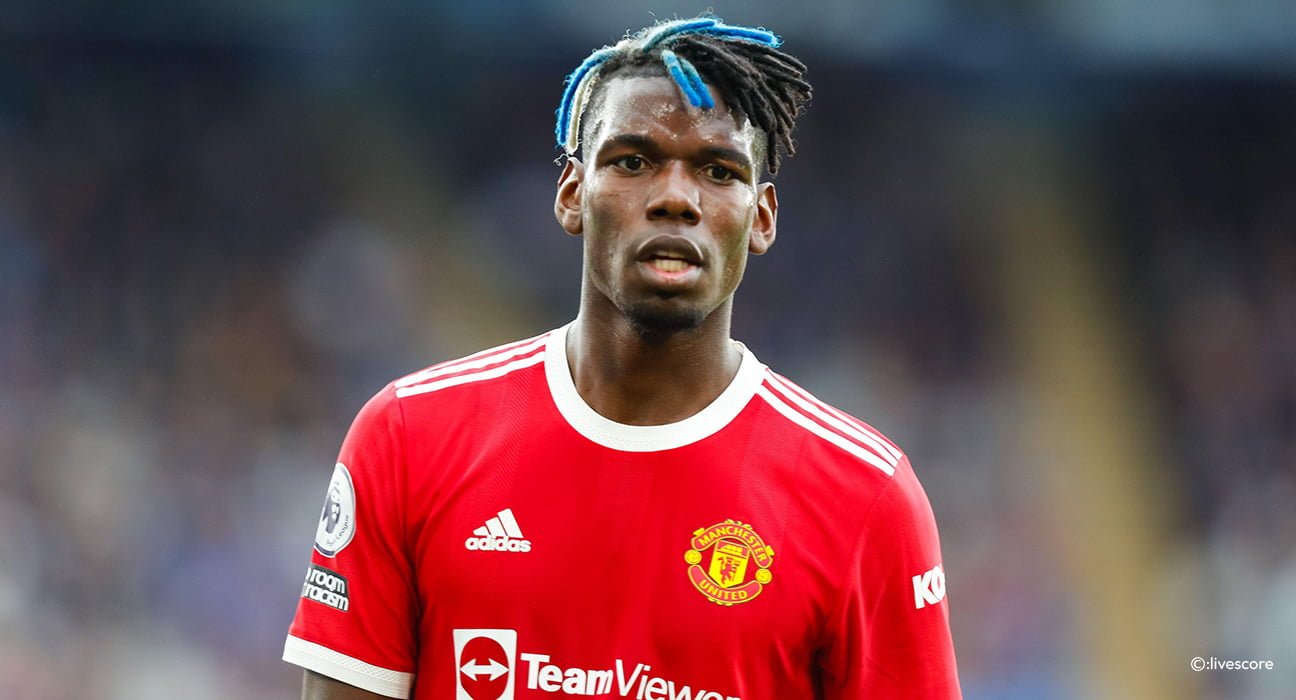The Italian media reported on February 29th that Juventus star midfielder Paul Pogba was suspended from playing football for 4 years after he failed a doping test in 2023. His career could be ended prematurely by tough sanctions. He declined to comment on it, but as Reuters claims, the club has been well-informed of the four-year suspension and they are considering taking further action. His transfer to Juventus from Manchester United wasn’t a smooth ride as the midfielder missed most of the team’s matches due to injury, which was followed by a diabolical failure in doping control.
The midfielder tested positive for testosterone after a random test was carried out after Juventus’ opening Serie A 2023 match against Udinese in which he did not participate. If it could be proven that the doping wasn’t intentional or occusred outside of the lane of competition, Pogba could have had his sentence reduced. The 30-year-old, who played a key role in France’s success at the 2018 World Cup, could see his amazing career end if his suspension is prolonged.
Also Read: The Influence of Esports on Emotional Health
Despite his footballing successes, including 178 appearances for Juventus during his first spell with the club, Pogba’s move from Manchester United to the Italian giants has been plagued by injury problems. His absence from the 2022 World Cup due to a knee injury has complicated his problems and despite only making a handful of appearances for Juventus this season, his future in football remains uncertain definitely.
Notably, Italian anti-doping prosecutors requested a four-year suspension following his positive doping test, after which Pogba decided not to appeal to the national anti-doping agency. However, it is possible that his four-year suspension will be reduced pending an appeal to the Court of Arbitration for Sport.
How doping affects mental health
Doping can have short-term and long-term effects on an athlete’s physical and mental health. Depending on the substance, dosage and duration of use, some drugs can cause serious side effects and cause permanent damage to the body. Scientific studies have shown a significant link between doping consumption.
The burden of concealing drug usage would be continual. These athletes are effectively lying to themselves and their friends and family by keeping their doping a secret, and the persistent dishonesty will eventually catch up with them.
Also Read: The Psychology Behind Sportsmanship
Not only that, but many of these sportsmen will feel guilt for their activities long afterward, and instead of looking back on their careers with fondness, they may eventually simply feel immense regret and shame because of their actions.
Recent research on professional athletes’ motivations for using PEDs has indicated that their motivation is mostly tied to maintaining and improving physical performance, as well as managing social limitations or psychological, in addition to fulfilling social and psychological objectives. Elite athletes operate in a distinct psychological and social environment characterized by high levels of pressure.
References+
Desk, I. T. S. (2024, February 29). Paul Pogba handed 4-year doping ban: End of France World Cup star’s career? India Today. https://www.indiatoday.in/sports/football/story/paul-pogba-banned-for-four-years-for-failed-doping-test-2508741-2024-02-29
French Midfielder Paul Pogba Banned for 4 years for Failing Anti-Doping Test. (n.d.). Newsx. https://www.newsx.com/top-news/french-midfielder-paul-pogba-banned-for-4-years-for-failing-anti-doping-test/
Doping will cause ongoing emotional harm to athletes, says leading sports psychologist | Western Sydney University. (n.d.). https://www.westernsydney.edu.au/newscentre/news_centre/expert_opinion_stories/doping_will_cause_ongoing_emotional_harm_to_athletes,_says_leading_sports_psychologist













Leave feedback about this